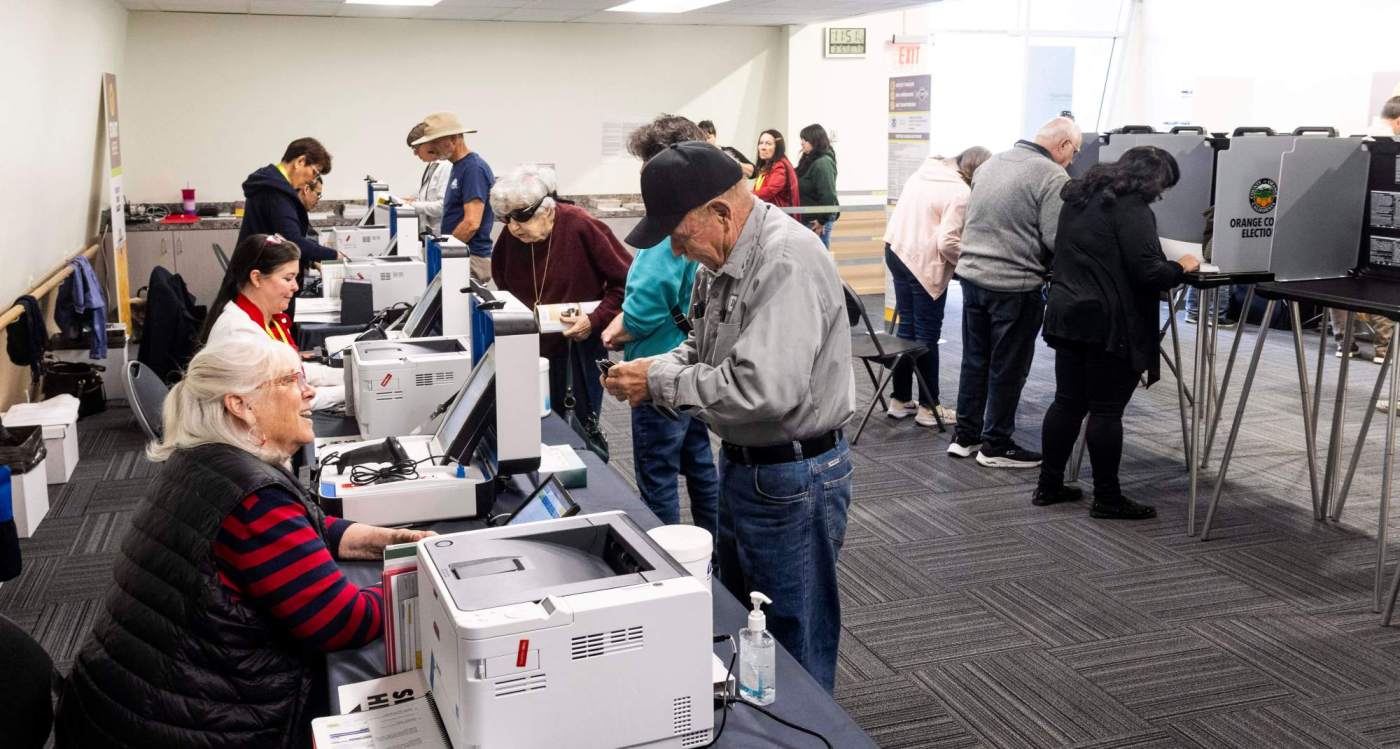The California Attorney General’s Office on Wednesday filed an appeal in its lawsuit seeking to overturn Huntington Beach’s voter ID law, almost two months after an Orange County judge rejected the state’s arguments in the case and said the city’s new law does not violate the right to vote.
The Attorney General’s Office has been critical of the charter amendment since it was proposed. Approved by voters, the ordinance allows the city to require voters to present their identification at polling places in city elections as early as 2026. The notice of appeal filed moves the case forward to a state appeals court that will be fully briefed and consider arguments.
“California’s elections are fair, safe and secure,” Attorney General Rob Bonta said in a statement. “We respectfully ask the California Fourth District Court of Appeal to reverse the lower court’s decision and overturn Huntington Beach’s unlawful voter ID policy. State law supersedes local law when it comes to constitutional matters like the right to vote — and we will continue to fight to safeguard this fundamental right in court.”
Voters approved Measure A in early 2024, and the city since has been defending it from a lawsuit brought by the state office.
The city has argued in court that the state prohibition on voter ID requirements doesn’t explicitly apply to city elections that aren’t consolidated with statewide elections.
The City Council has yet to present details for how voter ID might work in city elections. The Attorney General’s Office has warned that the law could throw the 2026 elections “into chaos” as planning for them begins later this year.
Secretary of State Shirley Weber, who oversees elections in the state, called the voter ID policy “unlawful.”
“Municipalities should not be allowed to defy state laws in the name of solving nonexistent problems,” Weber said in a statement.
Huntington Beach officials did not immediately respond to a request for comment.
The lawsuit earlier this year was, briefly, in front of a panel of judges in the California Fourth District Court of Appeal. They called the city’s arguments that it had a right to regulate its elections free from state interference “problematic” before sending the matter back to the Superior Court judge to reconsider an early ruling made to dismiss the case.
